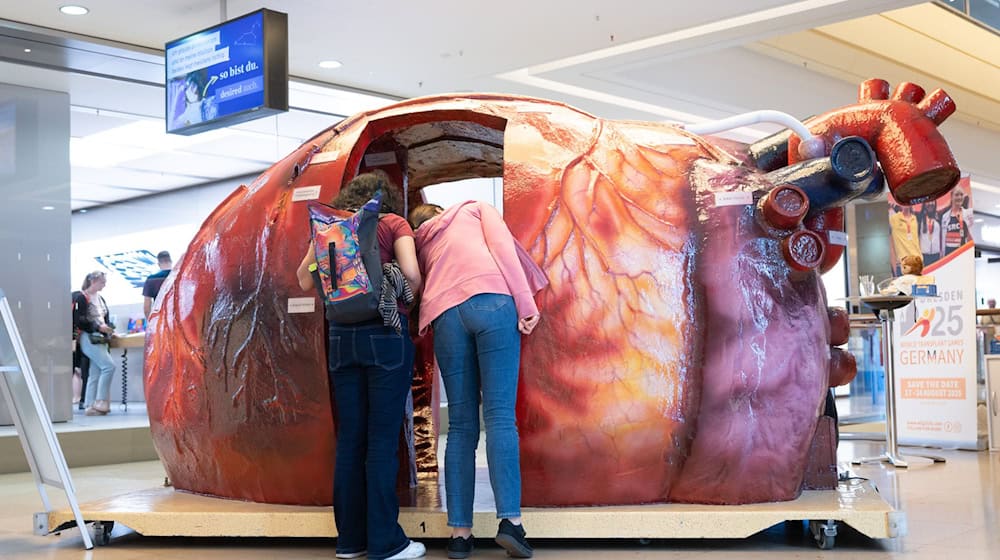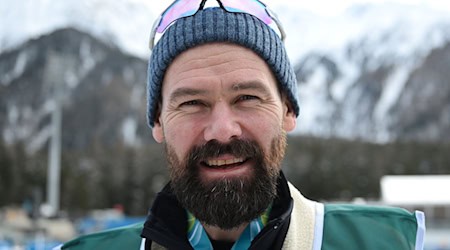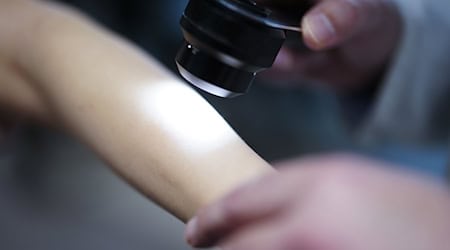In Dresden, the World Transplant Games want to draw attention to the topic of organ donation. The special event shows what can be achieved with organ donation, said Axel Rahmel, Medical Director of the German Organ Transplantation Foundation (DSO). You can see "how the athletes accept the gift of new life and try to achieve the best they can." Rahmel hopes that the special world championships will have a signal effect: people can see what good can be done with a donation beyond death.
In Germany, there are 11.4 donors per million inhabitants
According to Rahmel, the number of donors in Germany has been stagnating for years. Last year, there were only 11.4 donors for every million inhabitants. By comparison, the number is significantly higher in other European countries according to the DSO: in Spain, there are over 40 donors per million inhabitants, in neighboring Belgium, Austria and Switzerland over 20 each. This puts Germany in the bottom third, according to Rahmel. "In good cases, this means long waiting times for patients; in bad cases, they don't get to experience organ donation at all."
Not everyone has to become an organ donor, Rahmel emphasized. "But as far as possible, everyone should deal with the issue once in their life". He spoke out in favor of a so-called opt-out solution. This would allow the removal of organs after death, unless the donor expressly objects during their lifetime.
The World Transplant Games Dresden will provide an international stage for sport and moving stories until August 24. Around 2,200 participants and helpers from 51 nations are taking part - including over 1,500 transplanted athletes. These special world championships are being held in Germany for the first time. They are intended to show what people with a new organ are capable of. The participants compete in 17 sports, including tennis, cycling, swimming and athletics.
Long waiting times for patients
Professor Eberhard Schollmeyer from the TransDia Sport association received a donor organ himself around 40 years ago. Back then, he waited three months for a kidney and everything happened "very quickly", even for the time. "It's now been about ten years." In order to raise awareness of the issue, the international association of the World Transplant Games Federation decided to hold the competitions in Germany for the first time.
Schollmeyer criticized the organ donation policy in Germany as backward compared to other European countries. "If the rest of the world had an organ donation policy like Germany, half of the participants would have died long ago. And if Germany had a policy like the rest of Europe, the German team would be twice as big," said Schollmeyer.
Copyright 2025, dpa (www.dpa.de). All rights reserved










